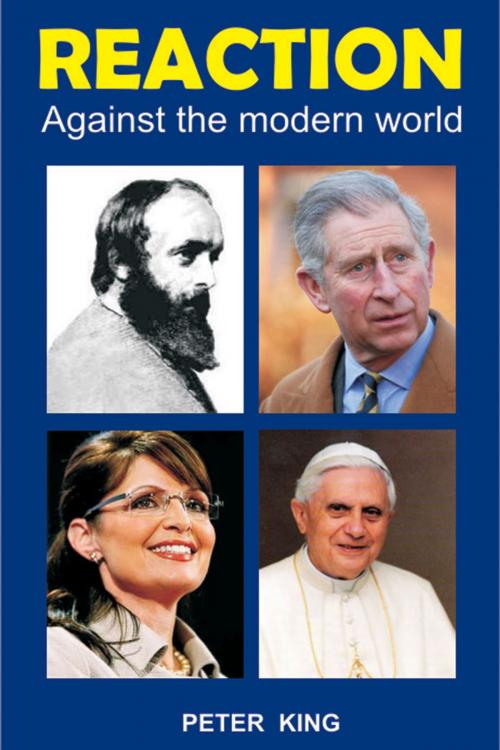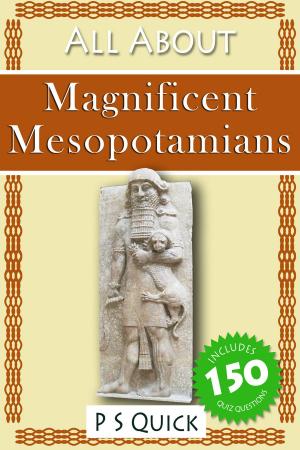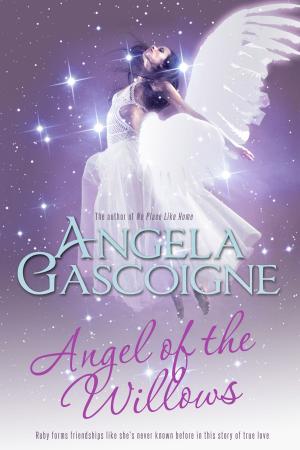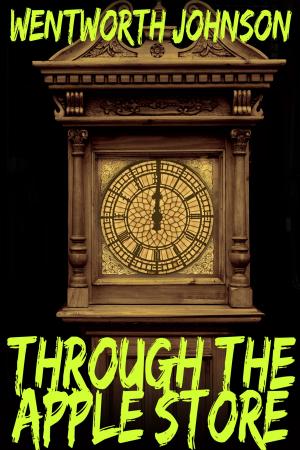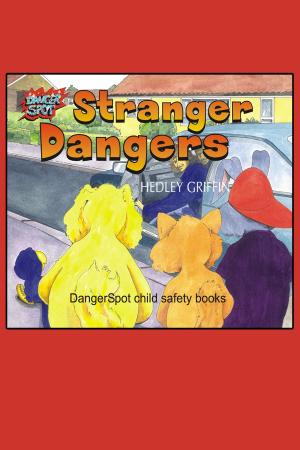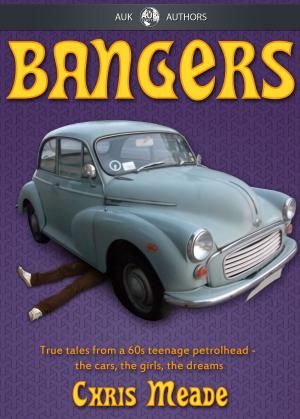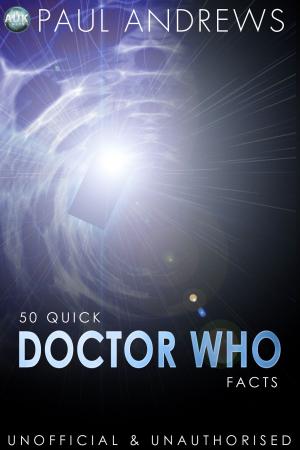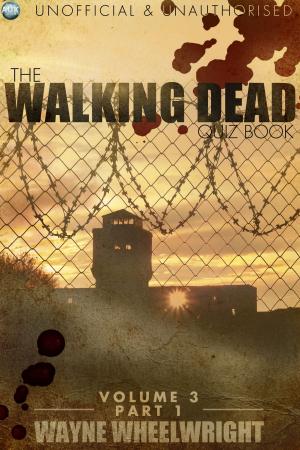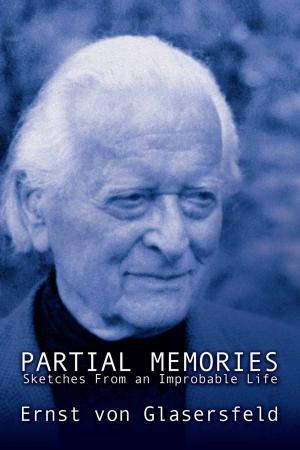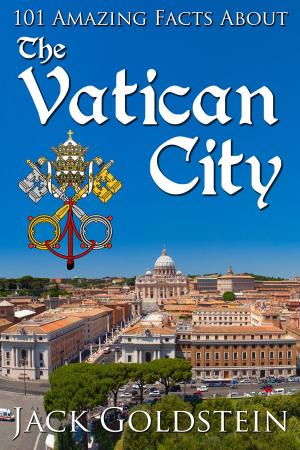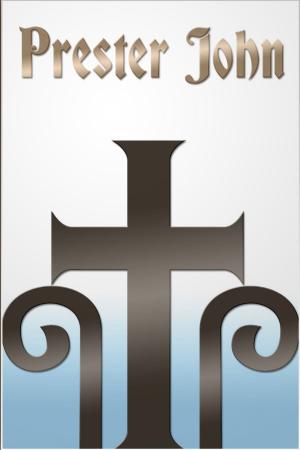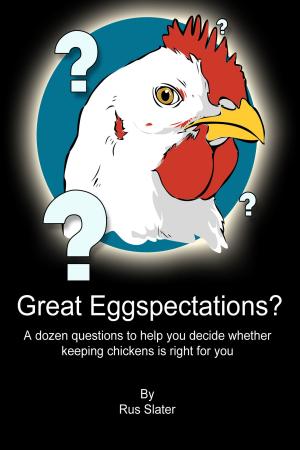Reaction
Against the Modern World
Nonfiction, Social & Cultural Studies, Political Science, Politics, History & Theory| Author: | Peter King | ISBN: | 9781845403485 |
| Publisher: | Andrews UK | Publication: | April 30, 2012 |
| Imprint: | Imprint Academic | Language: | English |
| Author: | Peter King |
| ISBN: | 9781845403485 |
| Publisher: | Andrews UK |
| Publication: | April 30, 2012 |
| Imprint: | Imprint Academic |
| Language: | English |
To call someone a reactionary is to insult them and to end any argument. There is no possible rejoinder: no one could possibly wish to be a reactionary. But what if one were to gratefully accept the label? What would it mean to wilfully and honestly be a reactionary? Referencing thinkers as diverse as Burke, de Maistre, Guénon, Ratzinger, Scruton and the Prince of Wales this book considers the nature of reaction as a justified response to modernity and the constant call for change. Reaction is shown to take two distinct forms: first, as a rejection of progress and a defence of traditional culture and values; and second, as a common sense disquiet and distaste towards elites. These are seen as entirely valid responses to the failure of modernity. 'Reaction' presents an original and thoughtful critique of modernity and a defence of tradition. It will be of interest to anyone concerned that we are heading too far and too quickly in the wrong direction.
To call someone a reactionary is to insult them and to end any argument. There is no possible rejoinder: no one could possibly wish to be a reactionary. But what if one were to gratefully accept the label? What would it mean to wilfully and honestly be a reactionary? Referencing thinkers as diverse as Burke, de Maistre, Guénon, Ratzinger, Scruton and the Prince of Wales this book considers the nature of reaction as a justified response to modernity and the constant call for change. Reaction is shown to take two distinct forms: first, as a rejection of progress and a defence of traditional culture and values; and second, as a common sense disquiet and distaste towards elites. These are seen as entirely valid responses to the failure of modernity. 'Reaction' presents an original and thoughtful critique of modernity and a defence of tradition. It will be of interest to anyone concerned that we are heading too far and too quickly in the wrong direction.
